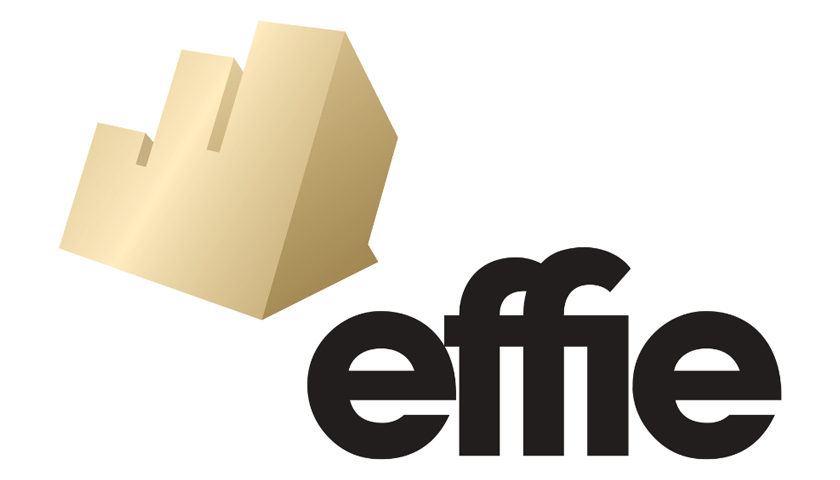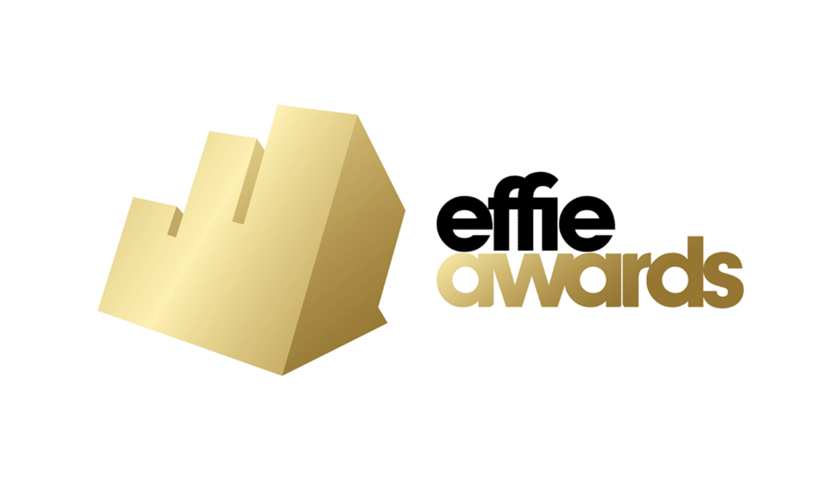A knowledge gap between brand marketers and their audience risks undermining marketing effectiveness unless brands take a more rigorous view of insight, intuition, and the right balance between the two, according to ‘The Intuition Illusion: Why The Audience Knowledge Gap is Sabotaging Your Work’ – a new report from Effie and Ipsos.
The report, the latest in Effie and Ipsos Creative Excellence “Dynamic Effectiveness” series, begins by examining the gap that often exists in brands’ understanding of the audiences they need to reach – and the lack of empathy that results. By combining insights from Effie’s prestigious global awards platform – the long-standing benchmark for marketing effectiveness – with Ipsos’ world-leading expertise in market research and understanding of consumer behavior, this collaboration connects the “what” of award-winning, results-driven marketing with the “why” of deep, data-backed consumer insight, lending significant weight to their findings.
“In the ever-evolving world of marketing, recognizing the true power of insights – those deep discoveries about customers – is crucial,” said Executive Vice President and Head of Ipsos Creative Excellence Pedr Howard. “These insights bridge the empathy gap and enhance creative effectiveness by revealing what truly matters to our audience. Our latest report underscores that a balanced approach of intuition and rigorous insight exploration is not just beneficial, but essential for sustained marketing success.”
According to the Ipsos Creative|Spark database, ads that are both highly creative and empathetic deliver 20% greater effectiveness than those that are creative but lack empathy. Yet, out of nearly 5,000 ads tested in the Ipsos US database, only 10% do both – a challenge seen across both B2C and B2B marketing.
The report points to three major forces widening the audience knowledge gap in the US:
- Algorithm-driven personalization, which narrows exposure to different perspectives
- A polarizing societal climate that makes understanding harder
- An undervaluing of cultural intelligence needed to look beyond our own worldview
Compounding the problem is a natural inclination among marketers to over-rely on personal intuition. A May 2025 Ipsos study of brand marketers, insights professionals, and ad agency executives found that nearly half frequently depend on intuition when preparing creative briefs. While intuition – rooted in experience and unconscious processing – can play a role, it carries a risk of bias.
The report argues that bridging this gap begins with a more rigorous understanding of an insight and the role it plays in driving effectiveness. Effie defines an insight as more than an observation – it is a discovery about a customer’s needs or motivations that can create new value. An insight can stem from uncovering a product, category, competitor or consumer truth – often found at the intersection of all four.
“The most effective marketing starts with an insight that does more than inform.” said Juliet Haygarth, Chief Brand and Marketing Officer of Effie. “A powerful insight sees a truth about your audience, category, competitor or product and reveals the ‘why’ behind that truth. It uncovers a tension, is fresh to the challenge at hand and plays a central role in any great creative brief. When brands anchor their marketing in this kind of understanding, they build the connections that drive growth and sustained business results.”
Through case studies of three 2025 Effie US award-winning campaigns – Sweethearts’ Situationship, Sandy Hook Promise’s Just Joking, and PNC Bank’s The Brilliance of Boring – the report demonstrates how sharp, actionable insights create work that resonates, drives results, and delivers lasting effectiveness.
Key takeaways include:
- Audience data is valuable, but the insight derived from it is more powerful
- Insights-driven campaigns can be a powerful driver of creativity and connection
- Intuition has a role, but without balance, it risks predictable biases
The full report is available now and can be downloaded here.


